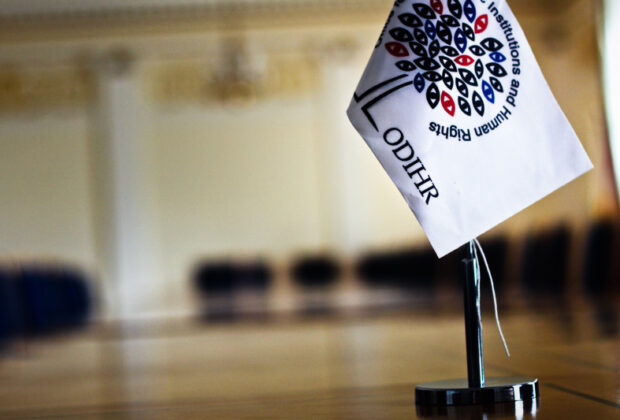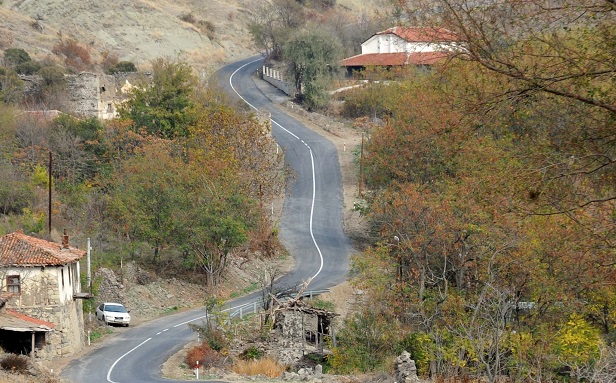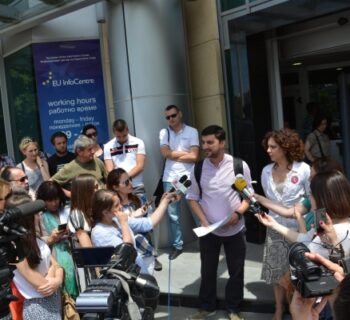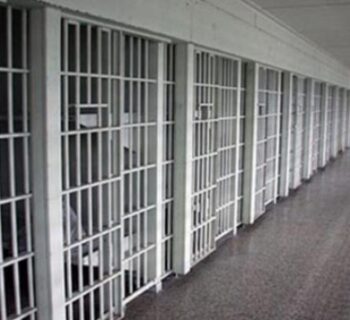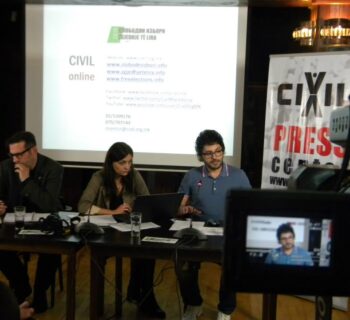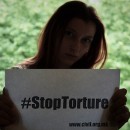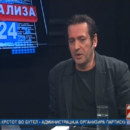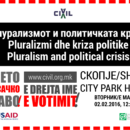The words “fair” and “democratic” are missing in the OSCE/ODIHR Report on yesterday’s elections conducted in Macedonia. Great number of inhabitants at one single address, the narrow line between the state and the party, the biased government-oriented media and the electoral register are only part of the annotations noted in the Report of the international election observation mission.
OSCE/ODIHR singles out the case of the Minister Gordana Jankuloska, who did not put on hold her ministerial function during the campaign.
“There is no legal obligation for ministers and other officials to temporarily withdraw from the function during the election run, which lead to misuse of state resources and conflict of interests between the official activities of the ministers and their role as candidates. As an exception, Article 9 of the Electoral Code envisages that, as of the moment they are appointed as candidates, the government duties of the “the entitled officials” of MOI and in the Ministry of Defence, shall be put on hold. This provision aims at preventing misuse of state resources and avoiding conflict of interests, which are entangled in the double role of an official, who is at the same time employed by the key ministry and is candidate for the on-going elections. This provision goes especially for the Minister of Internal Affairs, who holds the authority over key aspects of the election process. Despite such a legal provision, the Minister of Internal Affairs did not withdraw from her function, although she was a candidate in the elections run”, the Report reads.
The international mission raises the issue of accuracy of the electoral register, having in mind that there are many voters registered under the same address.
“The concern in relation to the accuracy of the electoral register, and especially in relation to the big number of voters registered as living at the same address was raised by many interlocutors of the international elections observation mission. MOI, who keeps records of the population, stated that it is not their competence to examine such assertions. The legal provisions which enable political parties to contest data related to voters in the electoral register are vague and unclearly determine which agency is responsible to conduct the investigation. This undermined appropriate implementation”, the Report reads.
OSCE noted intimidation of voters during the campaign and identified pressure put on the ethnic Albanian voters.
“The Albanian political party in the government continued to boycott the presidential elections and put excessive pressure on ethnic Albanian voters by urging them not to even pick up the president election ballot. The use of visible election ink to label voters put extra pressure on the ethnic Albanian citizens, making their decision visible as to whether did they vote, or not”, the international observers conclude.
The Report notes the bias of the media in favour of the ruling VMRO-DPMNE. Macedonian Radio and Television, ALFA TV and SITEL TV were indicated as media that bestowed longer timing to the activities of VMRO-DPMNE in positive context, and the opposition was indicated in negative context. TELMA TV and 24 VESTI were noted to report neutrally.
”In their reporting, media often failed to make distinction between ministers as officials and ministers as candidates”, the Report reads.
Meri Jordanovska
This post is also available in: AlbanianMacedonian
 Македонски
Македонски Shqip
Shqip English
English
